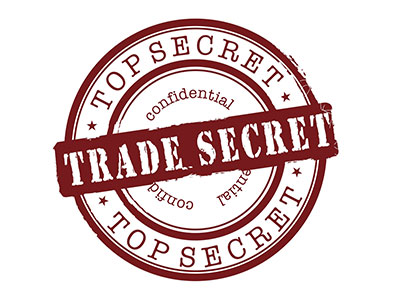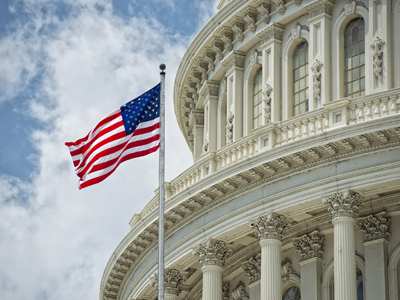Hollywood’s heavy-hitters often enter the ring over unauthorized biographies. Elizabeth Taylor famously invoked her rights of publicity and privacy in an attempt to shut down an unofficial docudrama about her life; Clint Eastwood sued the author and publisher of his unsanctioned biography for libel; and a film production company brought claims for copyright and trademark infringement against the producers of the biopic Lovelace starring Amanda Seyfried. Hollywood’s newest matchup involves misappropriation of trade secrets, a growing concern in the entertainment industry, especially after the recent Sony hack. READ MORE
The Gloves Are Off: Competing Biopics Battle For Hollywood Purse








